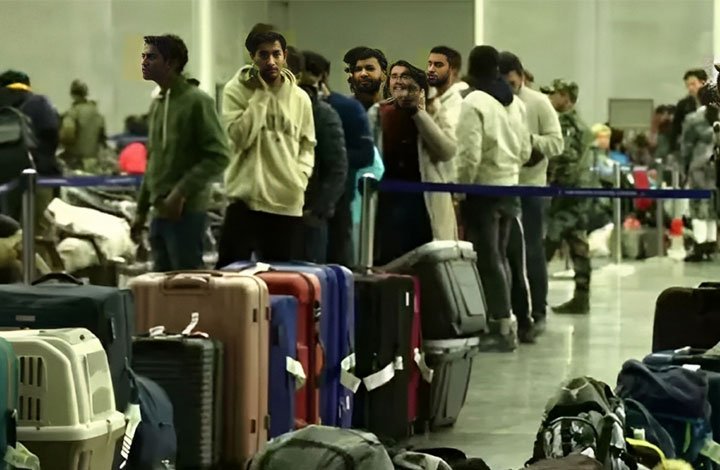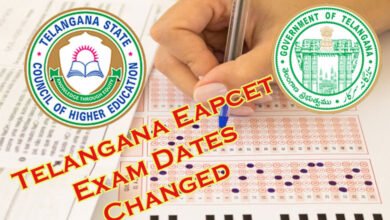Students Deported from US: 5-Year Entry Ban & Visa Implications
A five-year entry ban for students deported from the US due to visa cancellations.

Students who were deported from the United States and had their student visas canceled now confront a daunting reality: a five-year entry ban to the country. The implications of this ban are not confined to the US alone, as experts warn that it could also jeopardize their chances of entering other popular international study destinations, including Canada, the UK, and Australia.
Also read: U.S. Deports Telangana Students Over Visa Document Discrepancies
As experts delve into the far-reaching consequences of this situation, it becomes evident that the implications extend far beyond the immediate entry ban. One significant concern is the potential long-term hindrance these students may face when attempting to secure an H1B visa in the future. This hurdle could persist unless their application is endorsed by major multinational corporations.
Also Read: Deportation Concerns Spark Document Check Frenzy for Students Heading to the US | Telangana
The ramifications aren’t solely legal and procedural; they also carry a significant financial burden. The revocation of the F1 visa translates to substantial financial losses for the affected students. Expenses such as visa fees, airfare, university application costs, consultant charges, and more are forfeited. These cumulative losses can amount to approximately ₹3 lakh, amplifying the already substantial emotional distress.
The distressing scenario comes to life through the accounts of twenty-one Indian students who were forcibly deported from the United States in a single day. This incident has ignited concerns about the complications arising from visa-related issues. Hailing primarily from Andhra Pradesh and Telangana, these students had embarked on their journey with dreams of higher education in the US, only to have those aspirations abruptly crushed.
Reports suggest that these students underwent meticulous document inspections by immigration officers, leading to their brief detainment. The events transpired across key US airports, namely Atlanta, Chicago, and San Francisco. The students, caught off guard, expressed their confusion, asserting that they had meticulously met all the prerequisites for their visas and were ready to immerse themselves in their chosen academic pursuits.
Adding a layer of concern to this already disheartening ordeal, students revealed that their mobile phones and WhatsApp conversations had been subjected to intense scrutiny. The privacy invasion left them feeling vulnerable and exposed. Furthermore, the deportation process was marked by an unsettling demand for calm exit, coupled with ominous threats of severe legal consequences should they raise any objections.
Examining the broader context, it becomes evident that the issue of student visas is undergoing a transformative shift. Statistics for May and June, traditionally the period of F1 visa issuance for the fall semester, reflect an intriguing trend. In the same months of 2023, a staggering 42,750 students successfully obtained F1 visas from five Indian consulates. Comparatively, during the corresponding months in 2022, only 38,309 F1 visas were granted. This numerical disparity underscores the shifting dynamics and potentially evolving visa policies.
The plight of students deported from the United States highlights the intricate complexities of international education and visa regulations. Beyond the immediate challenges, the shadow of a five-year entry ban looms large, casting uncertainties over both personal aspirations and academic institutions. The collective hope remains that through informed advocacy and focused efforts, the barriers imposed on these aspiring scholars can be lifted, allowing them to continue their pursuit of knowledge on a global stage.




